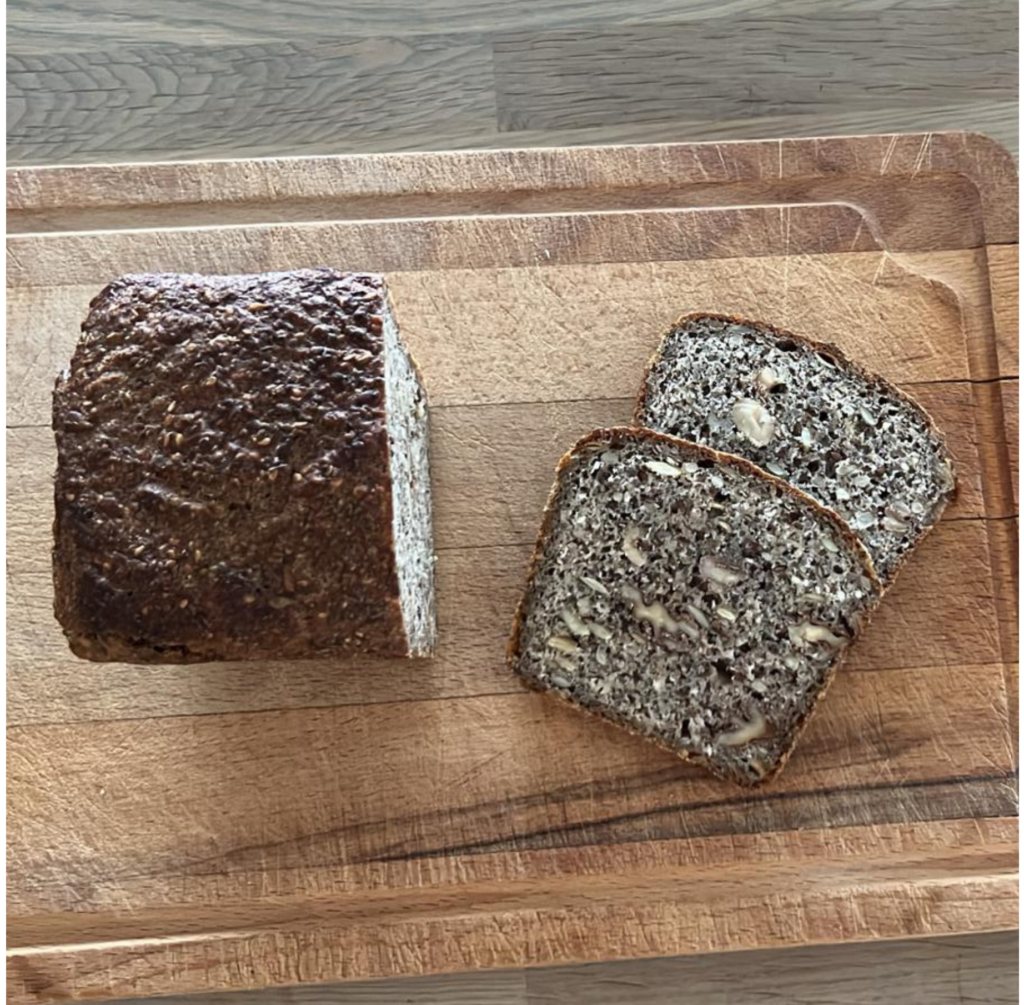Acne is a widespread skin condition affecting individuals of all ages, impacting self-confidence and posing daily challenges. However, armed with the right knowledge and skincare practices, you can effectively manage and minimize acne breakouts. In this comprehensive guide, we’ll delve into essential acne best practices to guide you toward achieving clear and healthy skin.


Cleanse Your Skin Gently:
The cornerstone of any effective acne skincare routine is proper cleansing. Cleanse your skin twice daily with a mild, non-comedogenic cleanser. Avoid harsh scrubbing and hot water, as they can irritate the skin and worsen acne. Ensure makeup removal before cleansing to allow your skin to breathe and prevent clogged pores.
Avoid Overwashing:
While maintaining cleanliness is vital, overwashing can strip away natural oils, causing dryness and increased sebum production. Stick to washing your face twice a day unless excessive sweating or exposure to dirt occurs. In such cases, opt for gentle cleansing to remove impurities without compromising your skin’s balance.
Moisturize Regularly:
Contrary to common belief, moisturizing is crucial for acne-prone skin. Skipping moisturizer can lead to dryness, triggering increased oil production and potential pore blockage. Choose lightweight, non-comedogenic moisturizers to provide hydration without clogging pores.
Use Non-Comedogenic and Oil-Free Products:
When selecting skincare products, opt for non-comedogenic and oil-free options to reduce the risk of acne breakouts. Look for labels indicating “non-comedogenic,” “oil-free,” or “acne-friendly” to ensure product suitability for acne-prone skin.
Be Gentle with Exfoliation:
Exfoliation aids in removing dead skin cells and unclogging pores, but it requires a cautious approach. Avoid aggressive scrubbing or harsh exfoliants, opting for gentle methods such as salicylic acid or alpha hydroxy acids (AHAs). Start with lower concentrations and gradually increase as your skin adapts.
Don’t Pick or Pop Your Pimples:
Resist the temptation to pick or pop pimples, as it can lead to scarring, infections, and increased inflammation. Opt for spot treatments with benzoyl peroxide or salicylic acid to reduce pimple size and redness. Consider professional help or use strategies like keeping your hands busy to prevent picking.
Maintain a Healthy Lifestyle:
Adopting a healthy lifestyle contributes to acne management. Regular exercise promotes blood circulation and stress reduction, while a balanced diet rich in fruits, vegetables, whole grains, and lean proteins supports overall skin health. Limit intake of sugary and greasy foods to minimize acne flare-ups, and stay hydrated by drinking plenty of water.
Seek Professional Help:
For persistent or severe acne, seek professional advice from a dermatologist. They can assess your skin, provide personalised treatment options, and recommend prescription medications or procedures if needed. Consult a professional if over-the-counter products and home remedies prove ineffective.

Managing acne demands a consistent and gentle approach. By adhering to these best practices, you can effectively care for your skin and minimize acne breakouts. Patience is key, as improvements may take time. Maintain a positive mindset, embrace healthy habits, and seek professional guidance when necessary. With perseverance and proper care, you can achieve clearer, healthier skin and boost your confidence.






